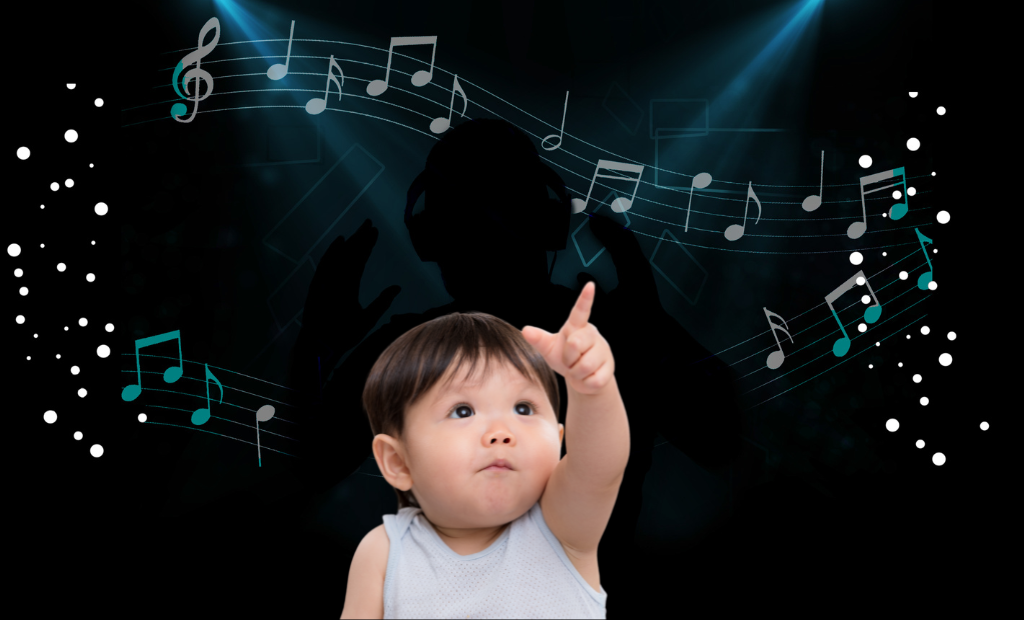Have you ever stopped to consider what influence songs have had on your education and personal growth?
Songs have been an integral part of human lives since time immemorial. They provide us with a consistent backdrop to our lives. But have you ever really stopped to think just how valuable songs are as a vehicle for learning?
During our infancy and toddler years, we are exposed to lullabies, nursery rhymes, and the genres of music our parents enjoyed listening to at home or while driving. Growing older, we are then introduced to broader ranges of musical genre through our network of peers, ranging from pop, rock, reggae, classical, country, to folk and much more. Additionally, when encountering different cultures through travel and work experiences, we may in turn discover and add world music to our musical repertoire. It is no wonder that each of us develop our own distinct musical preferences and tastes!
Given the abundance of music we have in our lives, have you ever stopped to consider what influence songs have had on your education and personal growth?
This blog will now seek to do just that; to identify and delve into the ways in which songs serve as a powerful tool for childhood learning.
- Communication, language, and cognition:Early childhood is a critical period in a child’s life; it is during this time that they develop essential skills such as communication, language, and cognition. Research has shown that singing to infants helps their development of language skills by exposing them to new sounds and words that they in turn learn to articulate and understand the semantics of. Additionally, singing is also known to expand the working memory and fine motor skills of children.
- Learning through rhymes: Rhymes are a popular form of song, often used to teach children new words and concepts. Rhymes help children learn by repetition, which is a crucial aspect of learning. They also help children develop phonological awareness, which is the ability to hear and manipulate sounds in language. Learning through rhymes is often a fun and engaging way for children to learn new words and concepts, and it can also help them develop their memory and cognitive skills.
- Emotional Development:Singing songs about emotions and feelings helps children to learn about different human emotions; it also provides them with healthy tools (singing or listening to music) for safely expressing and regulating difficult feelings. Singing is a valuable form of self-expression and can be a powerful vehicle through which children will learn to develop empathy and understanding for one another.
- Across Music Education: Music education is an important aspect of childhood learning and it has been shown to have a positive impact on general academic performance. Learning to sing in a choir (or to play an instrument) demands focus, discipline, and teamwork – essential skills that can equip children with the ability to confront situations calling for problem-solving, perseverance, and collaboration. Moreover, singing songs has much needed therapeutic effects, such as reducing stress, and as we’ve just discussed, promoting emotional regulation.
- Multilingual Learning: Multilingualism is becoming increasingly important in today’s globalized world. Learning multiple languages can help children communicate with people from different cultures and can also provide them with new opportunities. Singing songs in different languages can be a fun and engaging way for children to learn about different cultures, as well as being an effective tool for learning a new language by acting as a vehicle through which they can practice articulating new vocabulary.
- Diversity Learning: Songs are a great tool for children to learn about diversity and to develop an understanding of the wider world around them. Singing songs about different cultures and traditions helps children learn about and appreciate the many similarities and differences between people and communities. Additionally, songs help children learn about the many different styles of music and musical traditions from around the world.
- Learning about inclusion: Singing songs that promote inclusion and acceptance can help children learn about situations that are different to their own. For example, singing songs about different family structures, illness, or disability, can help increase children’s awareness of differences and provide them with a vocabulary through which they can communicate and treat others with kindness and respect. By using songs to teach children about inclusion and acceptance, we can help them develop important social and emotional skills that will serve them well throughout their lives.
songs contain the potential to be very powerful tools through which our children can learn about themselves, others, and of the wider world around them
Dr Clare Seymour
Clare has spent much of her professional career (over 30 years) in international settings. Part of her Doctoral research involved exploring the often hidden aspects of institutional racism. As a result she has a longstanding interest in, and passion for, promoting positive Diversity.
In addition to school music-teaching, Clare also has over 10 years’ experience working as an international music examiner – an understanding and respect for Diversity is so crucially important in every aspect of her practice.


